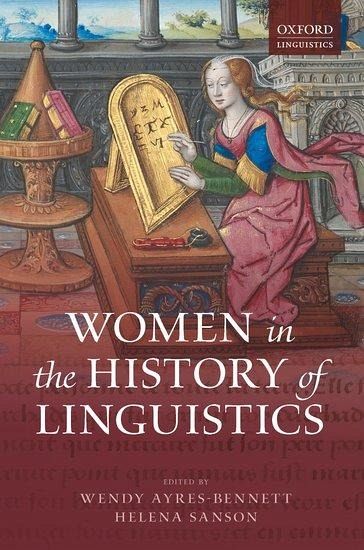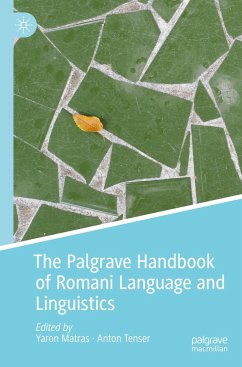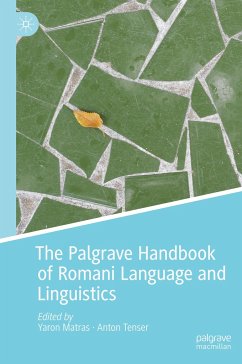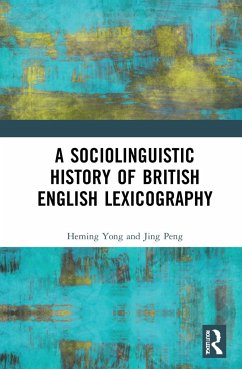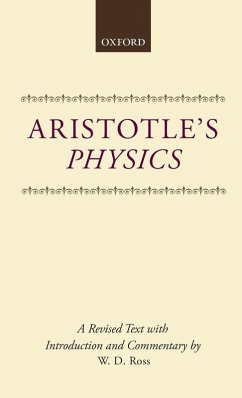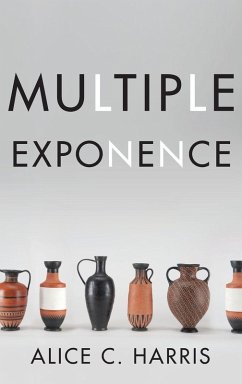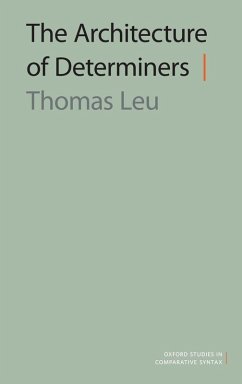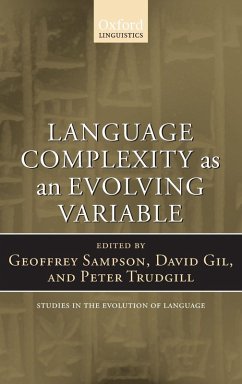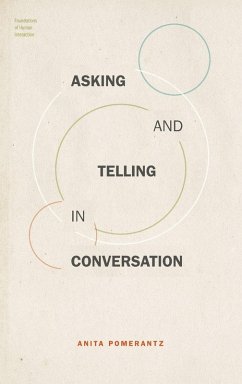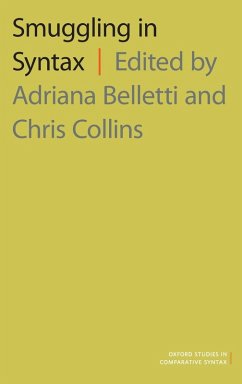Wendy Ayres-Bennett is Professor of French Philology and Linguistics at the University of Cambridge. She specializes in the history of French and the history of linguistic thought, focusing primarily on questions of standardization and codification, linguistic ideology and policy, and variation and change, from the sixteenth century to the present day. Her major publications include Sociolinguistic Variation in Seventeenth-century France: Methodology and Case Studies (CUP, 2004), as well as critical editions of key texts in the history of the codification of French. She has led an international research project on the genre of observations on the French language and a flagship interdisciplinary research programme promoting the value of languages for key issues of our time ( Multilingualism: Empowering Individuals, Transforming Societies). Helena Sanson is Professor of Italian, History of Linguistics, and Women's Studies at the University of Cambridge. Her interdisciplinary research brings together the history of linguistic thought and the history of women. She has published extensively in both fields. Among her main publications are Donne, precettistica e lingua nell'Italia del Cinquecento (Accademia della Crusca, 2007), Women, Language and Grammar in Italy, 1500-1900 (British Academy/OUP, 2011), and Conduct Literature for and about Women in Italy, 1470-1900: Describing and Prescribing Life, co-edited with Francesco Lucioli (Éditions Classiques Garnier, 2016), as well as a number of critical editions of early modern conduct literature texts for women. She is the founder and editor-in-chief of the book series Women and Gender in Italy 1500-1900 (Éditions Classiques Garnier), and the peer-reviewed journal Women Language Literature in Italy/Donne Lingua Letteratura in Italia.
